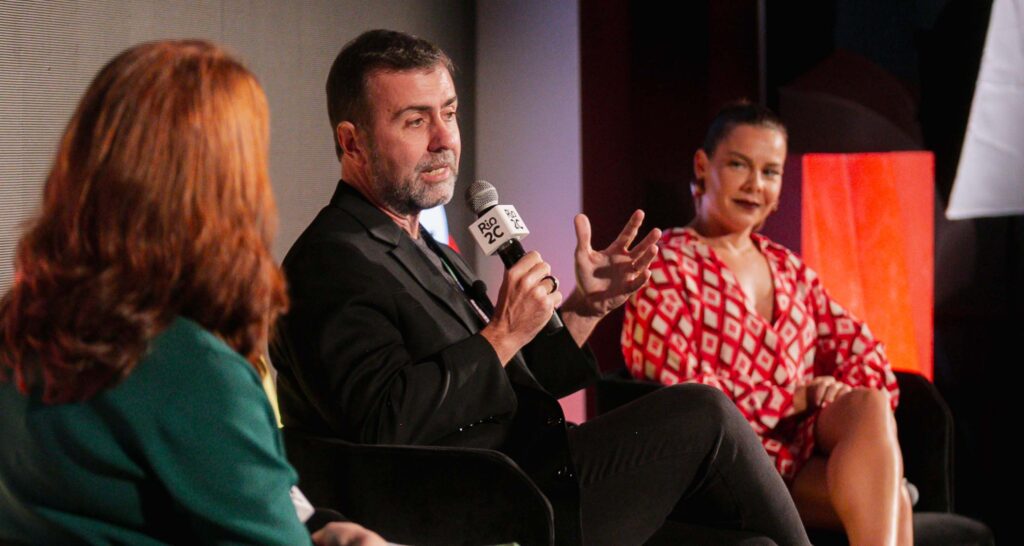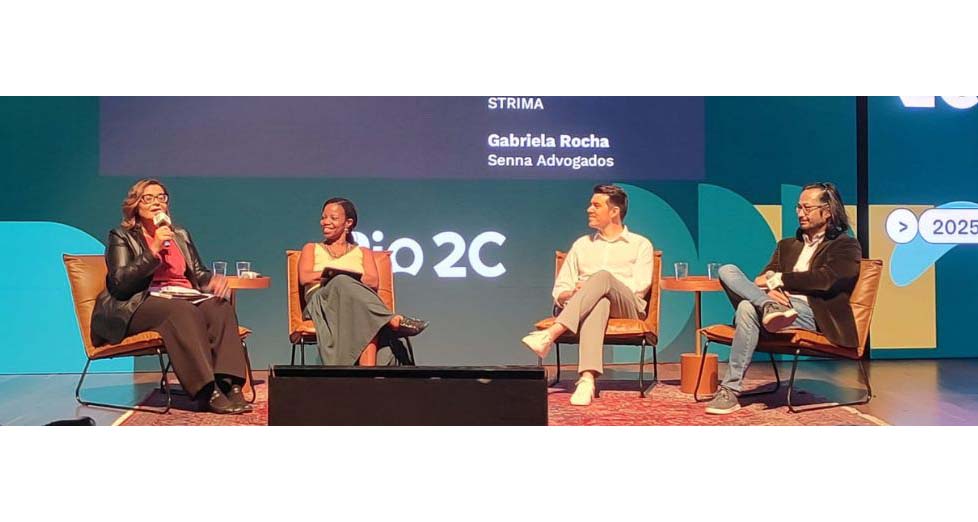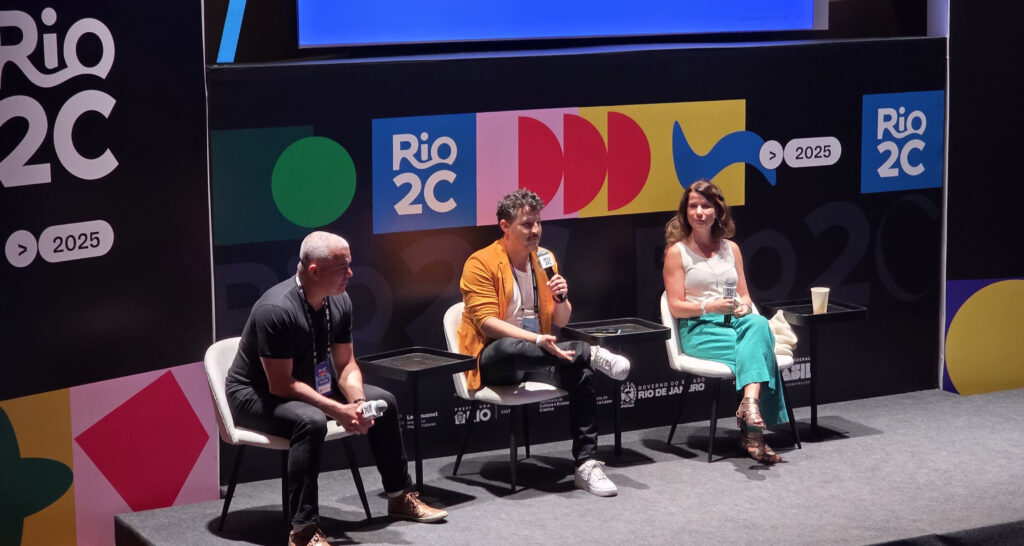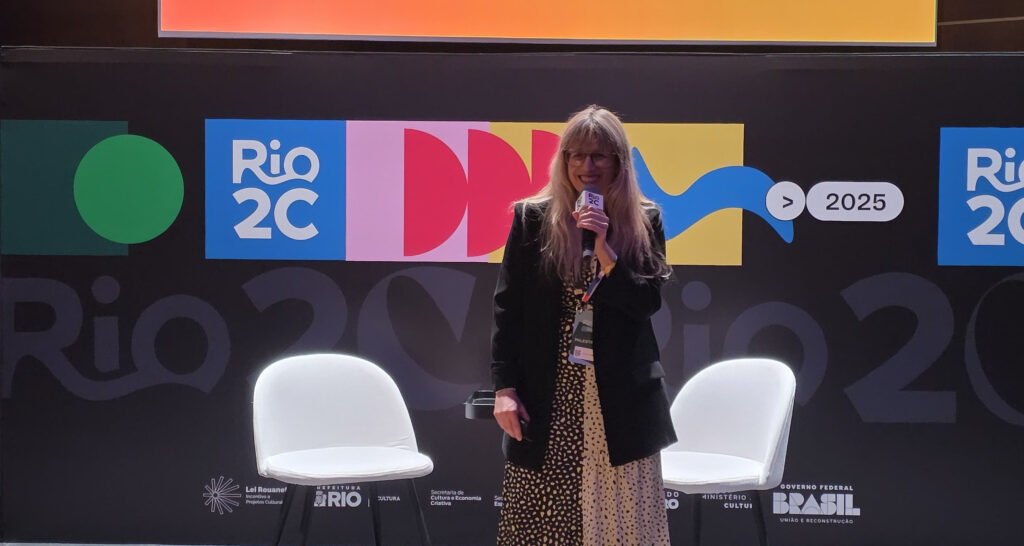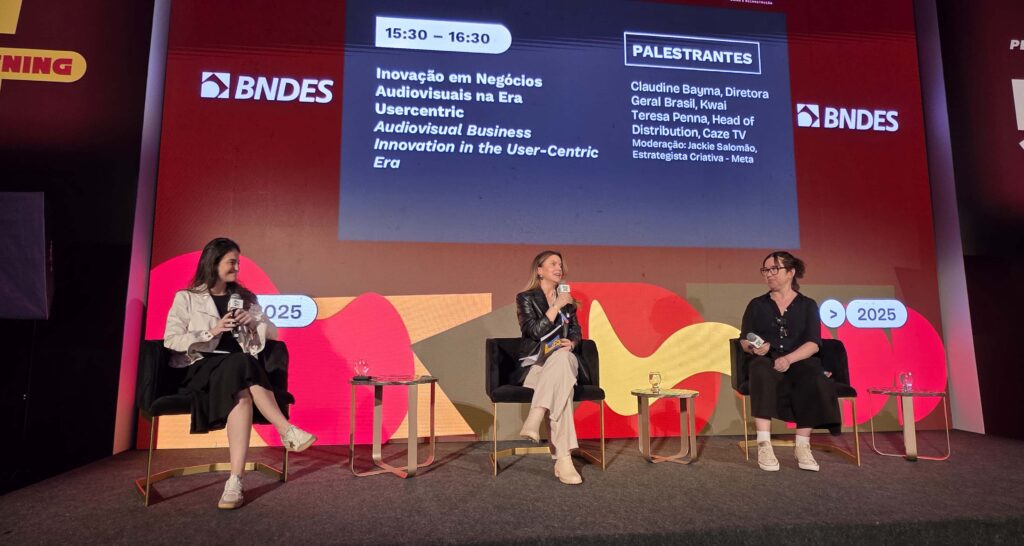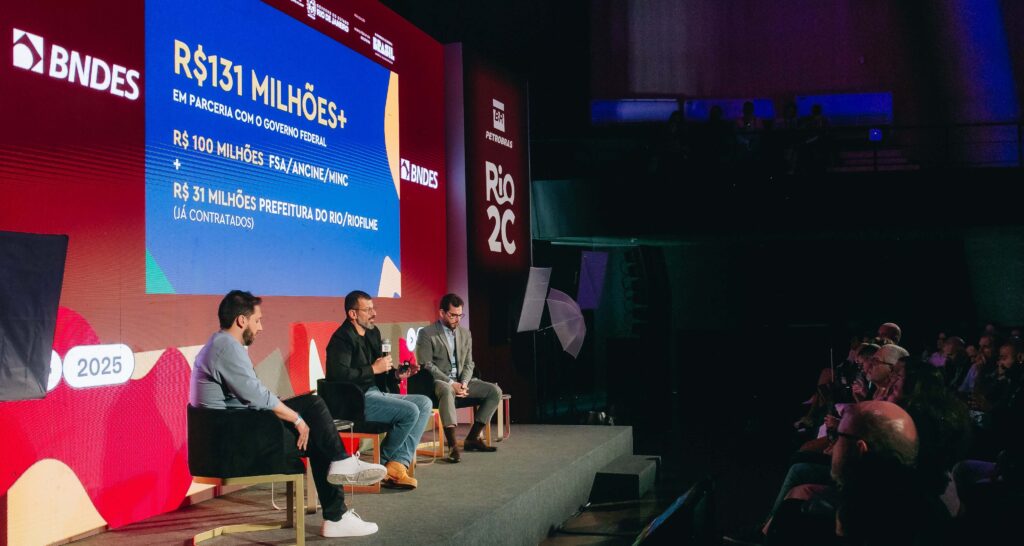Kapow, the Argentine production company led by Agustín Sacanell and Lucas Rainelli, co-CEOs, obtained its first International Emmy nomination for El Presidente, co-produced with Fábula (Chile) and Gaumont (USA), and premiered at the beginning of the pandemic on Amazon Prime Video. In this interview, Prensario reviewed with Sacanell the current achievements and projects, and his plans for the future.
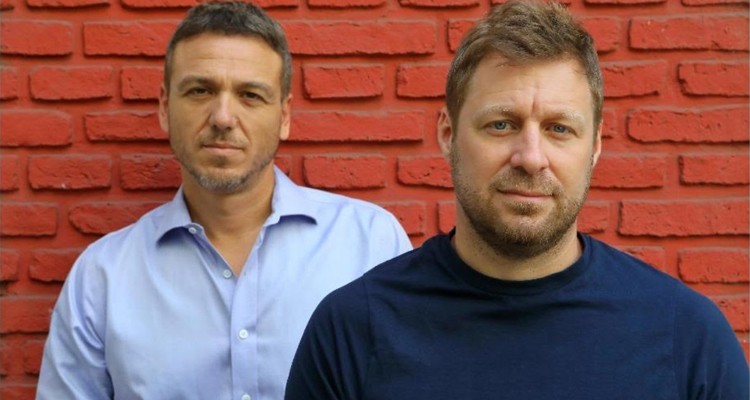
In June 2020, when the world was going through the first months of the global pandemic due to Covid-19, Amazon Prime Video premiered its first Latin American original: the 8-hour series El Presidente, which narrated the corruption events that took place among the highest leaderships of the South American football associations, and which led to the FIFA Gate.
Production partners were Fábula (Chile), the Oscar-winning producer of brothers Pablo and Juan de Dios Larraín, Gaumont‘s television division, the French centennial studio based in Los Angeles, and Kapow (Argentina), which they produced the series for the SVOD.
As the International Emmy nominees arrived in September, the team behind El Presidente understood the impact of the story they had told. Prensario spoke exclusively with Agustín Sacanell, partner and creative director of Kapow, who said: ‘Being nominated is an enormous pride for everyone. At Kapow we always work to raise the bar by looking for the best partners and talents in the region that allow us to generate higher quality projects. When the Academy recognizes this work, its a legitimation that we are on the right track. ‘
‘At El Presidente we concentrate on putting the best of each one of us and we managed to differentiate ourselves in the competitive scenario of Latin American originals. We premiere in the middle of a pandemic with the countries, economies and the audiovisual industry paralyzed. It didn’t take long for the impact of the story to reach worldwide audiences’, he remarked
The series was the first major international co-production project in which the Argentine production company got involved, beyond the fact that it had already co-produced Estocolmo with Story Lab, from Nacho Viale and Diego Palacio, which was the first Argentine series acquired by Netflix for worldwide broadcast.
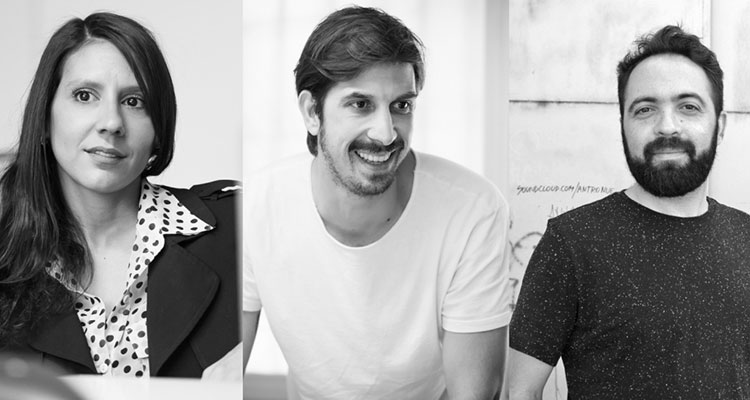
In that «learning curve», Sacanell considered that it was time to take another leap. He started with his partner Lucas Rainelli, an action plan for the months of confinement, which led to an impressive lineup of original productions that took place in Argentina and Uruguay that will be released soon on various platforms.
The plan consisted of three main actions: a company restructuration; a strong commitment to the in-house original content development; and the purchase of IPs for production. ‘With those three goals in mind, we seek to make Kapow a referent in the production field in South America, not only for scripted content, but also for unscripted content’, he underlined.
The key was to strengthen the company, targeting the post-pandemic audiovisual market, where the producer then envisioned a world scenario of expansion of the audiovisual sector. He was not wrong: today Kapow has about 10 projects to be released, production and / or development beginning, and as many in the initial phases.
‘We understood that we had to make a change to prepare the company for the future. Regarding corporate matters, we decided to give autonomy to the key areas: Matías Edelman, administration and finance manager, Diego Ventura, head of scripted development, Nicolas Chausovsky, head of non-scripted, and Rocío Fressone, business development & coproductions’, Sacanell said.
‘We improved by listening our customer needs and began to develop more IPs, while we went out to buy stories and connect with more and new talents. Thus, we started an organization chart, with all the risk that it implied when being in the middle of a situation of uncertainty. Today we can say that it was worth it’, he added.
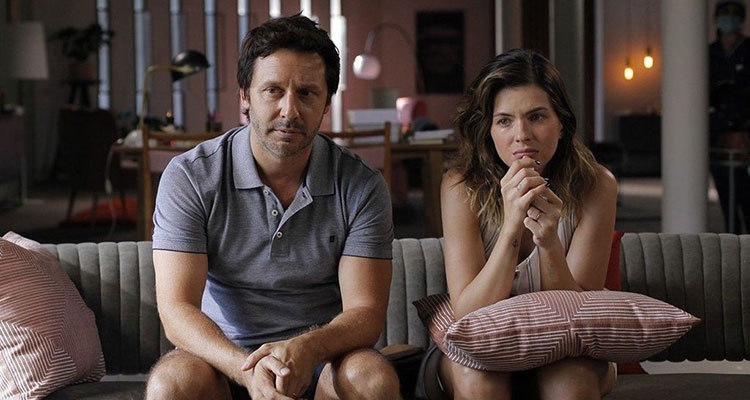
In 2021, Kapow has a big number of projects becoming a reality, starting with The Walt Disney Company’s Star+ comedy Terapia Alternativa, premiered on September 25. Directed by Ana Katz and starring China Suárez and Benjamín Vicuña, the series shows a couple going to therapy to stop seeing each other.
For the same OTT, it will soon have Protectores brought by a ‘unique comedy maker’ such as Marcos Carnevale (Corazon Loco, El Fútbol o Yo), defined Sacanell, and starring Gustavo Bermúdez, Adrián Suar and Andrés Parra (El Presidente). In non-fiction, Diciembre 2001 was developed and produced for NATGeo, about Miguel Bonasso‘s book «El palacio y la calle – Crónicas de insurgentes y conspiradores», adapted and directed by Benjamín Ávila.
For WarnerMedia it is producing El Jardín de Bronce 3, a mega production shot in Argentina with a script from Gustavo Malajovich and Marcos Osorio Vidal, in addition to developing other projects. And for Amazon, El Presidente 2, shot in Uruguay, and in post-production; La Jauría 2, directed by Lucía Puenzo and shot in Chile, where Kapow is associated with Fábula and Fremantle on a model similar of El Presidente; and a new comedy with Grupo Octubre, which is being filmed in Buenos Aires, also directed by Katz.
Sacanell continued: ‘Latin America is going to grow a lot with the platforms focusing strongly in our region. It is not a context to relax, on the contrary we are looking for building more projects and connecting more talents. The platforms said they are targeting 100 million subscribers in the near future, but I think there will be more’.
‘We must pay specific attention to the identity of the producer. It is not just about growing, but where to do it. For the coming months, we are looking to develop and produce in Mexico, Brazil and Colombia. It is not a question of associating for the sake of associating, but rather of building more localisms. We want diversity in our stories’, he concluded.

